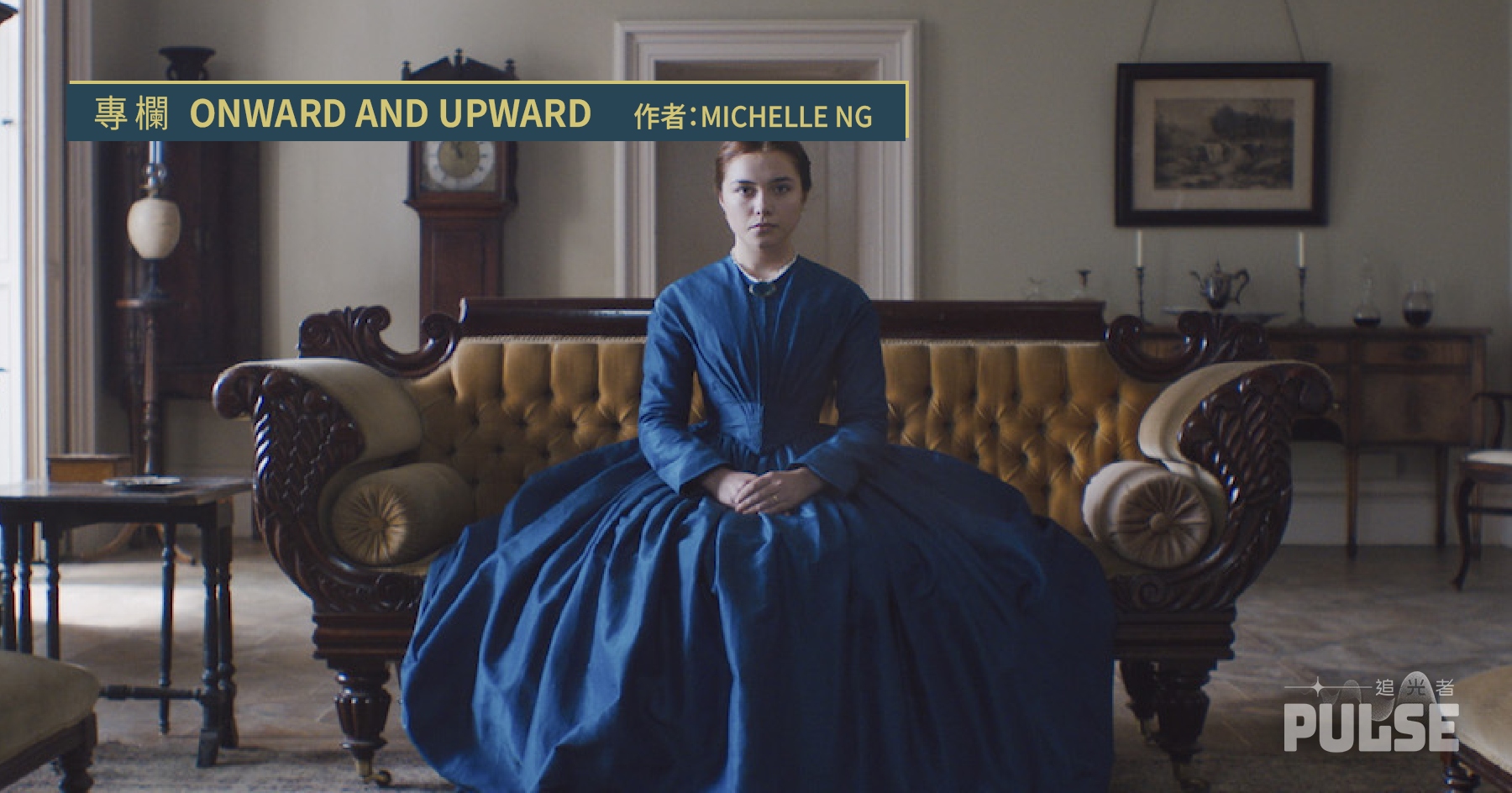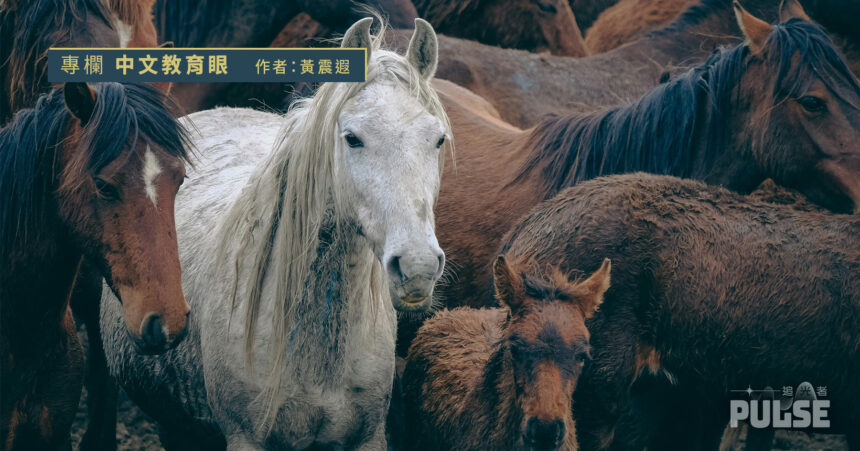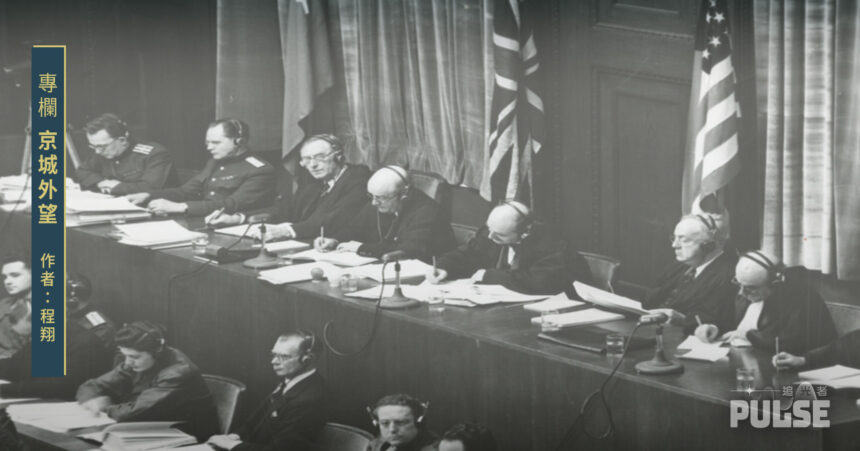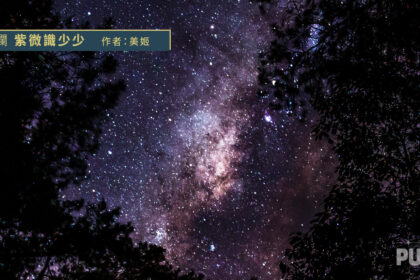A student of mine who will be sitting for his GCSE English Literature next year was recently given this question in a school test:
Explore how Lady Macbeth is presented as a strong female character in relation to this text from Act 1 Scene 7:
LADY MACBETH:
What beast was’t then
That made you break this enterprise to me?
When you durst do it, then you were a man;(55)
And, to be more than what you were, you would
Be so much more the man. Nor time nor place
Did then adhere, and yet you would make both:
They have made themselves, and that their fitness now
Does unmake you. I have given suck, and know(60)
How tender ’tis to love the babe that milks me:
I would, while it was smiling in my face,
Have pluck’d my nipple from his boneless gums,
And dash’d the brains out, had I so sworn as you
Have done to this.
***
As you can imagine, this question is like Greek to the average teenage boy who moved to the UK from Hong Kong only a few years ago, and therefore hasn’t been raised on a steady diet of English literature throughout most of his schooling. The fact that the passage also calls for an understanding of female psychology only makes it more incomprehensible to him and his like.
Luckily, there are ways to make coping with GCSE English Literature less painful. Sometimes, the mere act of citing an illustration from the modern world can instantly illuminate an otherwise baffling chunk of Shakespearean verse. To help my student with the question above, for example, all I had to do was to use Melania Trump as a foil to Lady Macbeth (see my explanation below). Not only did he immediately get the point of the text. He burst out laughing at the unexpected connections between Shakespeare’s most infamous female villain and a 21st-century US First Lady.
***
My explanation of Lady Macbeth’s speech in Act 1 Scene 7:
It was a scene that fueled the “Free Melania” movement. A bored-looking Melania Trump was standing behind Donald Trump during his 2016 inauguration ceremony when he suddenly turned to her to make a comment; she broke into a smile on reflex, nodding approvingly. The second he looked away, however, her face soured into a frown. “Melania Trump apparently only smiles when her husband’s watching,” The New York Daily News teased in a headline. (https://www.youtube.com/
The Lady Macbeth in Act 1 Scene 7 is Melania’s polar opposite. Whereas Melania instinctively wills herself to put on the mask of the supportive spouse whenever she is within Trump’s field of vision, Lady Macbeth doesn’t hesitate to lay bare the kind of viciousness men would find unbecoming in their wives, once she learns her husband is backtracking on his plan to assassinate the king, thus putting her dream of becoming queen in danger of being crushed. She first mocks Macbeth’s masculinity by pointing out he would “be so much more the man” only if he goes ahead and kills the king. Then she dares him to match her in ruthlessness: if she had vowed to kill her baby, she hypothesizes, she would have acted against her maternal instinct, plucked it from her breast and “dash’d the brains out,” just to fulfil her oath; he has pledged to kill the king, so why is he still dithering?
We can only feel sorry for Lady Macbeth, for she lived in an age when the only outlet for ambitious women was playing helpmeet to powerful men. If she had lived in the 21st century, where the aspiration to be a girlboss is so common that the term comes with its own hashtag, she wouldn’t have been an oddball at all.
***
Michelle Ng
英國牛津大學畢業,前《蘋果日報》和《眾新聞》專欄作家,現在身在楓葉國,心繫中國大陸和香港。












